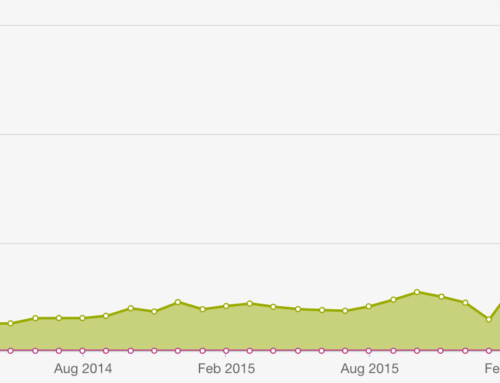 Billions of internet searches happen every day, yet people do look to other sources for information and answers. As unlikely or even crazy as it might seem, some people still consult the encyclopedia! In 2010, after 244 years, Encyclopedia Britannica went out of print, but encyclopedias live on in DVD format.
Billions of internet searches happen every day, yet people do look to other sources for information and answers. As unlikely or even crazy as it might seem, some people still consult the encyclopedia! In 2010, after 244 years, Encyclopedia Britannica went out of print, but encyclopedias live on in DVD format.
Encyclopedias and other information sources may have been just as handy as search engines when we were tied to desktops and laptops. Mobile devices have given search engines an advantage in terms of convenience and Google is now on a mission to have the answers for anything and everything a person could want to know.
Answer Your Questions with Google In-Depth Articles
Last year, Google conducted the Daily Information Needs Study to get some insight into what people want to know, but don’t search for. From the research, Google learned that about 10% of users’ daily information needs involve learning about a broad topic. With the recently released feature, In-Depth Articles, Google intends to deliver relevant, high quality content that will help the searcher explore a topic in-depth. This goes much deeper than asking Siri directions to the local Starbucks or the ingredients to your favorite Christmas cookie.
Google says “these in-depth results provide high-quality content to help you learn about or explore a subject. While the feature is based on algorithmic signals, there are steps you can take as a webmaster to help Google find your high-quality, in-depth content and best present it to users in the search results page.” This article explains the steps that help Google find your content—maybe you’ll be rewarded for your high quality content with a spot in the Google in-depth articles search results block!





